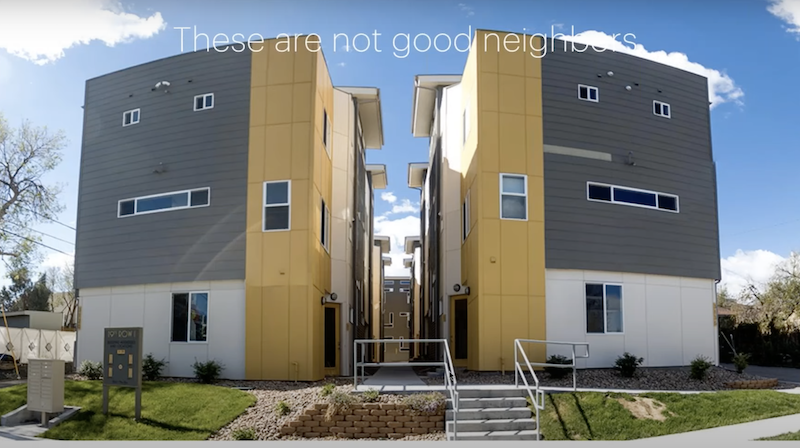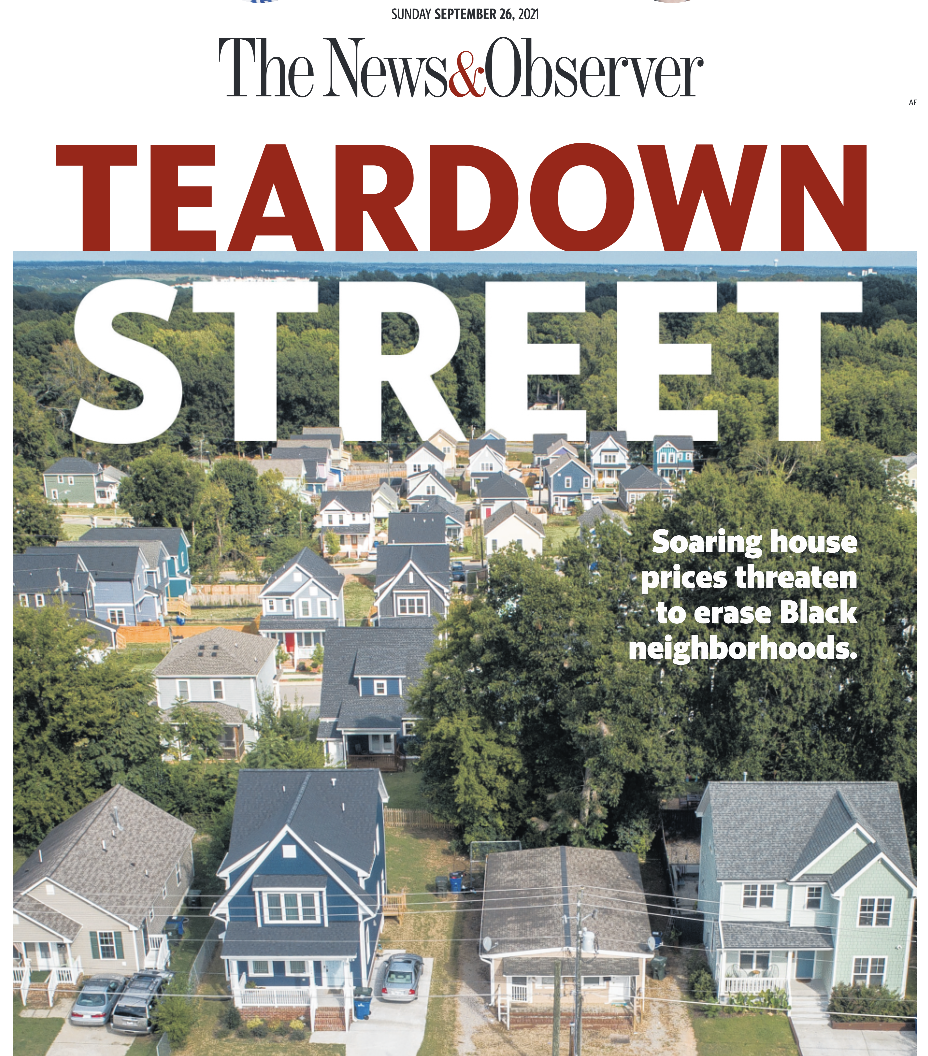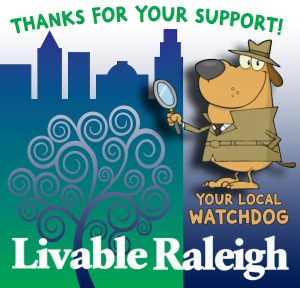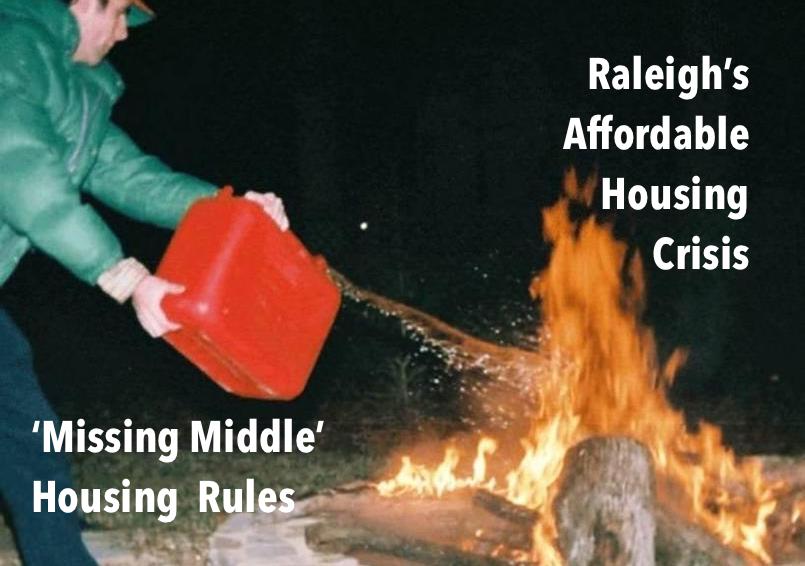Raleigh’s highly promoted public information sessions about Missing Middle Housing rules got off to a rocky start last Wednesday evening, being held a year and a half late, after the city’s neighborhood densification rules started going into effect.
Things went downhill when staff discovered the city’s web link to the event sent nearly half of the 22 attendees to a dark parking lot in the woods, 4 miles by car from the event. For those who might have participated virtually (and at least one misdirected person who gave up in disgust and went home) the meeting was not live streamed or recorded.
Attendees who’d been told there would be ”time to ask questions and provide feedback in smaller groups” were disappointed to find that city staff leading the group discussions would not answer their questions, but only compile attendee responses to the city’s prepared questions.
The event was clearly designed to avoid open dialogue and instead confirm the city’s actions. Public questions and comments were not solicited before or during the meeting, except for one attendee question squeezed in during the meeting wrap up – which senior staff said they could not answer.

The originator of the term ‘Missing Middle Housing’ warns against the kind of incompatible and unaffordable infill shown here and also allowed in Raleigh’s new Missing Middle rules.
While it is human nature to avoid difficult questions, Council and staff are paid by taxpayers to answer questions about how the new Missing Middle rules will affect their lives. If communication is truly an organizational value, the city will lean into an honest discussion of residents’ concerns, rather than dismissing them with trickle down housing theories that staff privately admit will take generations to work in Raleigh’s hot real estate market. Instead, Council’s profit-driven housing market policies over the last three years have only added to soaring housing costs and led to more than 4,000 existing affordable units being eliminated each year to make way for new market rate and luxury units.
It is up to the new Council to prove that communication is truly an organizational value and not just a box to be checked. Start by directing staff to redesign the remaining 5 Missing Middle public meetings to solicit the public’s questions and concerns in advance. Incorporate the public’s concerns into the presentation and then with attendees afterward. The most important questions have already been asked by new Councilors committed to improving equity and affordability in the city’s housing policies and must be incorporated into the remaining public meetings. Livestream and record the meetings for those who cannot attend.

Front page of News & Observer, Sept. 26, 2021
No one expects the housing crisis to be solved quickly, but there needs to be an honest conversation with the public about what could be done to increase infill densities while producing community benefits now and not just development profits. Until Raleigh’s Missing Middle Housing rules are rewritten to do more than promote market rate and luxury housing by eliminating existing affordable units, they should be suspended because they are simply pouring gasoline on Raleigh’s affordable housing bonfire.
Livable Raleigh Editorial Team
If you appreciate the kind of reporting we bring to you
|
Please donate $10 or $20, Thanks for supporting |
 |

